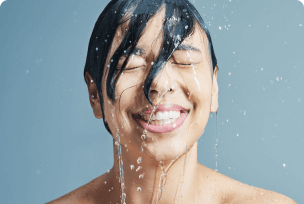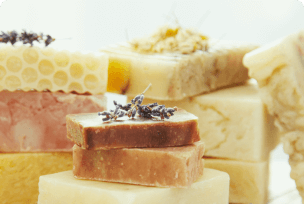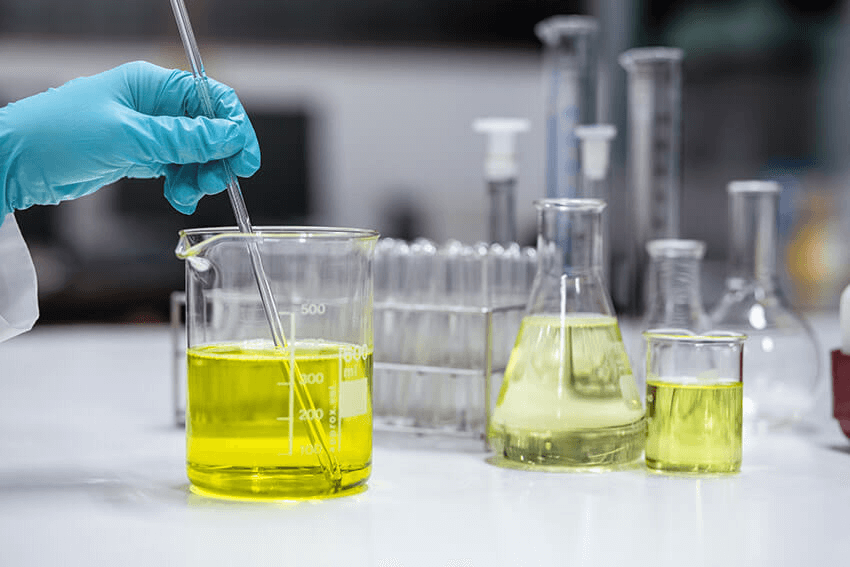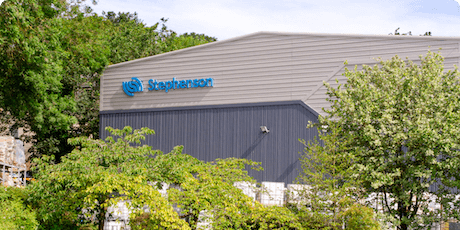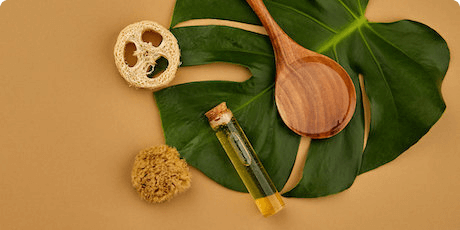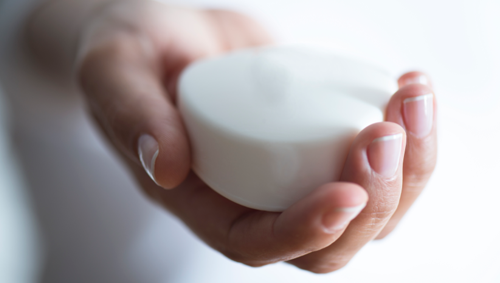
According to the latest articles about soap bars on the rise, it is not surprising that the main reasons behind this are raising consumer awareness and changing preferences for more natural and plastic-free personal care products. With this in mind, consumers seek to stop buying shower gels and go for plastic-free alternatives like bar soaps.
With climate change and the awareness of plastic waste increasing, environmentally friendly packaging is not just a trend; it is a movement of the whole beauty industry, and brands are taking notice. In fact, according to Mintel Research, ethical packaging was the 6th top claim appearing among New Product Developments (NPD) in the personal care sector throughout 2018, following Paraben-Free, Dermatologically Tested, Moisturising and Hydrating, Ethical Cruelty-free, and the top Natural/ Botanical claims. It seems that this category will see more growth in the future, as consumers are increasingly embracing the zero-waste movement globally.
Interestingly, bar soap grew the most over the same period compared to liquid soap and shower gel categories according to Kantar Worldpanel analysts. Growth appears to be highest in supermarket stores such as Waitrose, which reported a 7.1% increase. Similarly, soap bars seem to be growing on the premium side as well with Jo Malone and Chanel already marketing their luxury bars.
While soap bar sales increase, the personal care market is also more likely to see more new product launches and bar forms are likely to see more development too in other personal care products, for example, conditioning bars, solid shampoos and massage bars etc. that require little or no packaging.
 Image Credit: Annie Spratt – Packaging free Soap
Image Credit: Annie Spratt – Packaging free Soap
Soap Ingredients Make or Break Success of a Soap Bar
Looking inside soap products, the opportunities are vast for innovation as consumers look beyond the cleansing properties in soap products. Claims addressing hydration benefits, pH neutrality and suitability for sensitive skin are also on the increase.
Scents are important in bar soaps
Fragrance is becoming a very influential factor in the industry, with only 1% of new product launches in 2015 marketed as ‘fragrance free’ or ‘unfragranced’. The popular scents include lavender, rose and vanilla, with a move towards more food and drink inspired scents in 2016 within the European market. Fruit, Candy and Tea scented shower products are showing growth and appeal amongst consumers to offer a unique product experience.
There has also been a rise in ‘sensorial’ product innovations lately. Brands are increasingly using fragrances combined with abstract concepts to make sensorial claims, specifically using ingredients and scents to convey messages of ‘warming’, ‘refreshing’, “exfoliating” and ‘detoxifying’ properties.
Other emerging trends can be seen by comparing male and female consumer habits. Gender specific fragrances are likely to appeal to up to 56% of men and 51% of women in the USA. 47% of Brazilian men also look for ‘body odour neutralising claims’ on their packaging.
 Photo Credit: Tidy House
Photo Credit: Tidy House
Bars with multi-functional benefits
Understanding the properties that consumers look for in a bath or shower product is vital for new product development. 51% of Brazilians suggest that the most sought after properties they look for are hydration and moisturising benefits. This is likely driven by climate, as 45% of us use different products at different times of the year, while 35% of Europeans are more likely to choose a bath/shower product with SPF qualities.
Medicinal and beauty enhancing qualities also drive consumers with nearly 40% of the UK preferring products with anti-ageing attributes. Products containing antibacterial claims and products tailored to treating skin disorders are fast becoming a firm favourite with over 44% of Chinese buyers.
Over half of people in USA use 2-in-1 products that are specifically aimed to be multi-functional offering time saving and convenience.
 Multi functional face cleansing bar
Multi functional face cleansing bar
Clean and green solid cleansing bars
As a shower or bath product, of course the product needs first and foremost to be cleansing, but how ‘clean’ is the actual product?
Nowadays consumers are savvy and look into ingredients on personal care products, with nearly a third of Europeans actively avoiding ingredients such as sulfates, parabens and silicones. 10% of new product launches in this category in 2015 were paraben free and this is growing to this date, taking the top 3rd spot when it comes to on-pack product claims.
Cleaner shift also is supporting the greener a more sustainable ingredient future within bath and shower products.In recent months, shampoo brand TRESemmé has launched a mainstream Botanique range, marketing their use of natural ingredients and free-from claims. This follows other major haircare brands such as Garnier, Clairol and L’Oréal who have also been marketing the use of essential oils, natural ingredients and free-from. This is likely to set a new industry standard, specifically in Europe, with 66% skincare NPD featuring a natural claim (Mintel, 2017). To add, not only this trend is strong in Europe but also globally.
 Image Credit: Nefeli Kavvada on Unsplash
Image Credit: Nefeli Kavvada on Unsplash
Ethical and Wellness Soaps Appeal for Future Consumers
To add, bar soaps can tap well into growing wellbeing trends as of Mintel Consumer report for 2019 with products offering convenience, naturalness etc. In the future, consumer demand for products that enhance their health and wellbeing will increase. Examples can be seen in the market already with product launches stating protection from pollution and UV rays. As well as this, products using packaging that fits into the consumers’ healthy lifestyle are being developed.
Diet has also had a huge impact on the personal care industry, with veganism and clean eating a major theme. 7% of product launches in 2016-17 featured Vegan claims, and just 1% included Gluten-Free claims. There is opportunity to take advantage of this consumer trend, as more people are staying clear of products that have been tested on, or derived from, animals.
Product packaging is also critical for a great product experience. The latest growth of solid formats, especially shampoo bars are associated with sustainability and offering zero packaging or eco-packaging solutions. This is becoming increasingly critical to appeal for future consumers.
Stephenson Solutions
Stephenson offers a range of products on trends for brand manufacturers, contract manufacturers and brands. Our newest ultra-mild base Syndopal MB is adaptable for cosmetic, premium mass market and pharmacy applications and for the first time, provides manufacturers to high-speed syndet bar production without the need for specialist equipment. It is suitable for a variety packaging-free soap bars, cosmetic bars and conditioners with sustainable credentials. For more information enquire here.
With sustainability in mind, Stephenson also provides natural and RSPO certified bases for manufacturing of RSPO certified soap bars.











